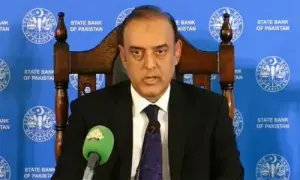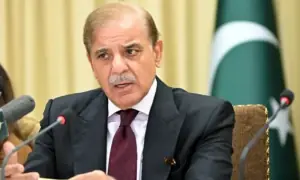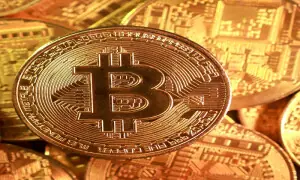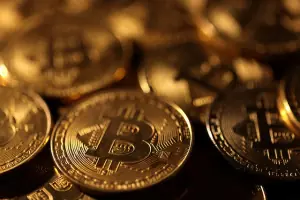Petrol prices expected to decrease as diesel to cost more from July 1
2 min readIn a potential relief for consumers, the price of petrol in Pakistan is anticipated to be reduced by Rs6.50 per liter, effective from July 1, 2023. However, the news comes with a downside, as the price of high-speed diesel (HSD) is expected to rise by Rs13.90 per liter.
The increase in HSD prices is concerning for the transport and agriculture sectors, as any revision in diesel prices has an inflationary impact on the cost of goods due to changes in freight charges.
Citing the industry sources, Business Recorder reported on Thursday that the proposed changes in petrol and diesel prices are based on the current rates of Petroleum Levy and Goods and Services Tax (GST). The Pakistan State Oil (PSO) exchange adjustment for petrol is estimated to be Rs1.50 per liter, while for diesel, it stands at Rs1.45 per liter, it said.
Additionally, a petroleum levy of Rs50 per liter has been set for both petrol and HSD, the newspaper added.
If approved, the decrease in petrol price would result in an ex-depot price of Rs255.52 per liter, compared to the current market rate of Rs262 per liter. However, diesel prices could soar to an ex-depot price of Rs266.84 per liter, rising from the current market rate of Rs253 per liter. These potential changes have raised concerns among consumers who heavily rely on diesel for transportation and power generation.
In contrast, the price of kerosene is expected to witness an increase of Rs5.41 per liter, reaching an ex-depot price of Rs169.48 per liter. Similarly, Light Diesel Oil (LDO) might experience an increase of Rs4.35 per liter, bringing the ex-depot price to Rs154.55 per liter. These adjustments could impact households relying on kerosene for cooking and LDO for various industrial processes.
However, it is important to note that the final price adjustments may differ if the Import Parity Price (IPP) and Exchange Rate and Margin (IFEM) are amended by the Oil and Gas Regulatory Authority (Ogra). Due to the long Eid holidays, there is a possibility that the government will maintain the prices at the current level by rolling them over.
No relief for LNG sector
One of the contributing factors behind rising energy costs is the failure of Pakistan LNG Limited (PLL) to secure liquefied natural gas (LNG) contracts. This has resulted in difficulties in providing LNG to compressed natural gas (CNG) retail outlets, particularly in Punjab, where indigenous gas has been unavailable for several years.
For the latest news, follow us on Twitter @Aaj_Urdu. We are also on Facebook, Instagram and YouTube.

























Comments are closed on this story.